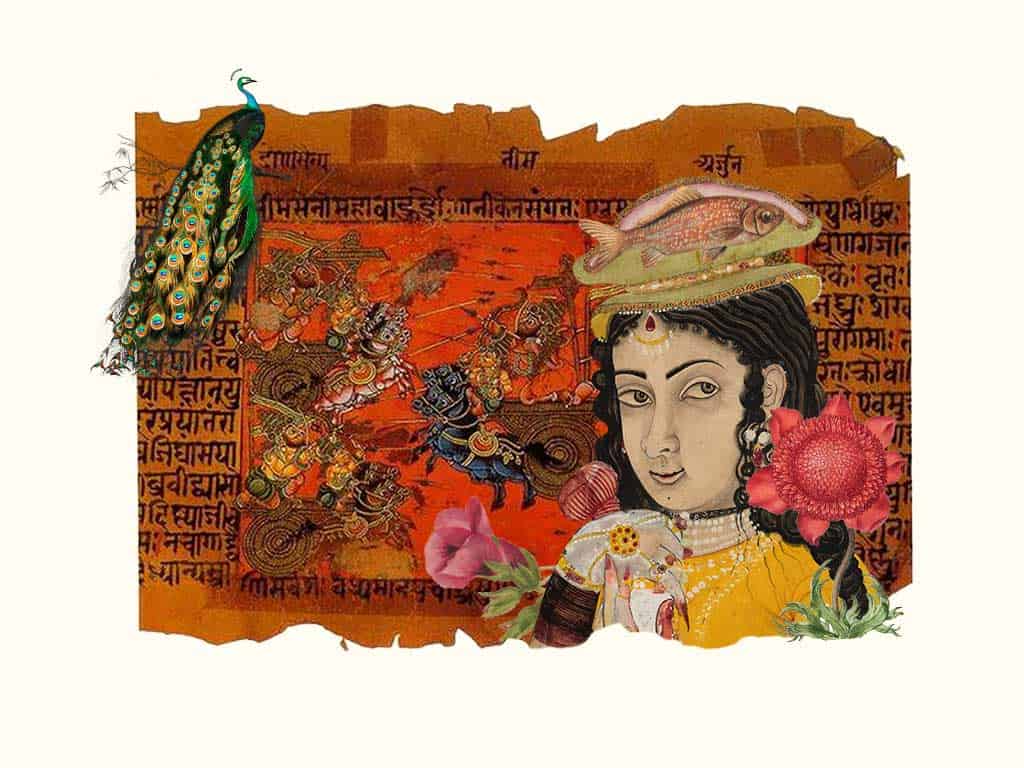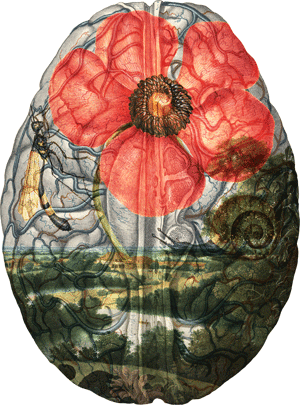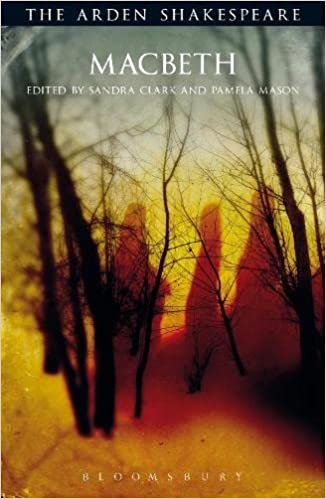The Yaksha asked, “What does not close its eyes while asleep? What does not move when it is born? What has no heart? What grows through speeding.” Yudhishthira replied, “A fish does not close its eyes while asleep. An egg does not move when it is born.
Aranya Parva (Book of the Forest), chapter 594, verse 297

Mahabharata

Penguin Classics; Abridged edition (July 28, 2009)
ISBN-10: 0140446818
ISBN-13: 978-0140446814
Author: J. D. Smith
The epic poem "Mahabharata" or the great story of the clan of Bharata, is one of the seminal texts to emerge out of South Asian literary tradition.
The epic narrates the story of a set of two warring cousins: the five Pandavas and the hundred Kauravas. Fighting over right to rule over their ancestral kingdom. The text is divided into eighteen books or Parvas, each book describes portions of life of the Pandava brothers from their conception to childhood and education, their polyandrous marriage to Draupadi, loss of their kingdom to Kauravas through deception; their life in the forest, and the climactic Kurukshetra war, where the Pandavas sly their cousins. The text beautifully narrates stories of human desires, egos, love, jealousy, lust, greed, and war and involves complex intermingling of human and non-human characters, where mortals and immortals walk the earth seeking greatness and the meaning of life. The epic is composed in a frame narrative and several of its stories and sections have developed powerful, independent identity outside the epic. For example, Bhagavad Gita (the song of the lord) which appears in book six of the epic is one of the most celebrated and sacred Hindu text.
Why This Text is Transformative?
t’s ingenious and engaging stories have captured the fancy of people for centuries and its stories and characters have found afterlives in contemporary drama, cinema, and popular culture including music and video games.
Mahabharata is the ultimate tale ever told; it is the longest poem in the world with almost 80,000 verses. It’s ingenious and engaging stories have captured the fancy of people for centuries and its stories and characters have found afterlives in contemporary drama, cinema, and popular culture including music and video games. What is most beautiful about the text is that there is no single Mahabharata, but many. While the Sanskrit version of the text is believed to have been composed by the mythical sage Vyasa, several versions or recensions of the texts appear in many different South Asian languages and traditions. This not only reflects on the diverse communal tradition of the subcontinent, but also about the power of the stories narrated. Students can find meaning in the stories because of their relatable themes of human aspirations, greed, lust, and resentment.
A Focused Selection
Consider reading Aranya Parva (Book of the Forest) over the course of two class meetings. At the beginning of the chapter, we learn that the Pandava brothers are thirsty and the elder brother, Yudhisthira send his brothers one by one in search of water. When the brothers fail to return, he starts searching for them and discovers them lying dead near a lake. We find out later in the story that the lake is possessed by a powerful spirit and wants the humans who seek its water to answer a series questions before taking the water.
Study Questions

1) Why do you think the four Pandava brothers refused to acknowledge the existence of the spirit, who possessed the lake?
2) In the story the water body is represented as an intelligent, curious “being”. Do you think non-human things and “beings”, including trees, mountains or plants possess intelligence? If yes, can you cite examples?
3) For the questions: “What is heavier than the earth? What is higher than the sky? What is swifter than the wind?” Yudhisthira replied “Mother is heavier than the earth, father is higher than the sky, and mind is swifter than the wind.” Do you agree with his answers? How would you answer the same questions?
4) What, according to Yudhisthira, is the supreme dharma in the world? Do you agree with him?
5) What do you think is the point of the story?
Building Bridges
Supplemental Resources
Mahabharata 1989 Peter Brooks play
This is Peter Brook’s complete TV mini-series version (with English subtitles) of the Vedic epic, The Mahabharata.
Text Mapping
Discipline Mapping
English/Composition Studies
Area Studies
Sociology
Philosophy & Religion
Page Contributor



